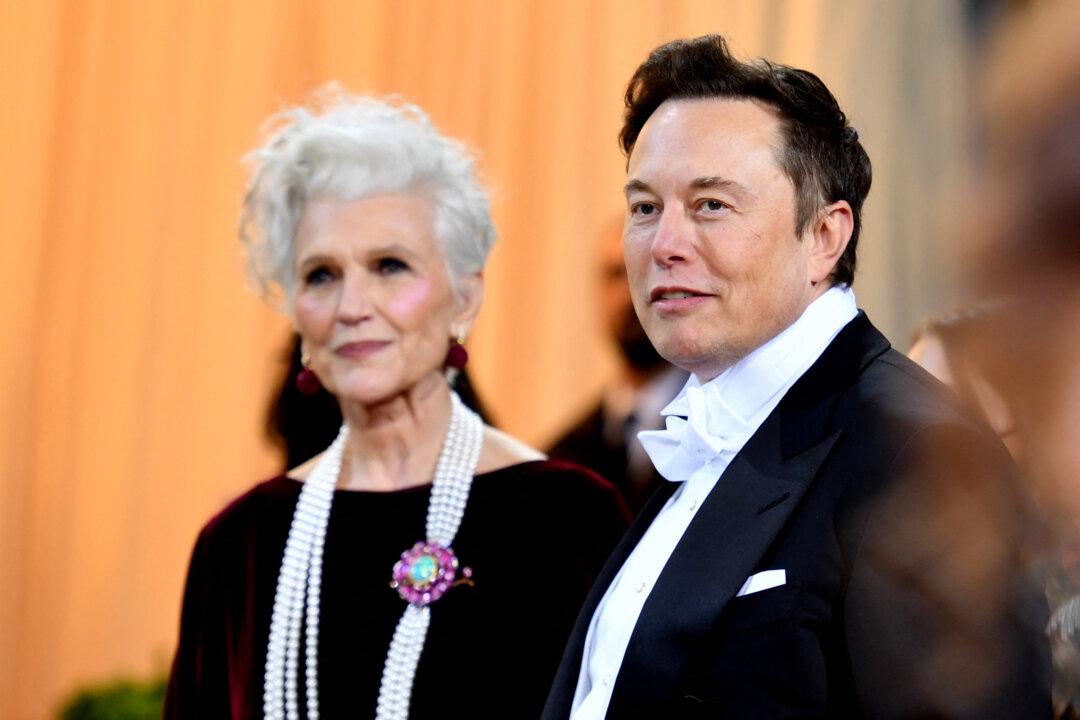Maye Musk, the mother of Elon Musk, criticized a recent New York Times article targeting her son after it claimed that Musk grew up detached from apartheid-era atrocities in South Africa.
Published Thursday, the NY Times alleged that Musk had “white privilege,” grew up in South Africa’s white communities, and was sheltered from the segregation and propaganda that was pushed by South Africa’s government at that time. It came about a week after Musk, who has described himself as a “free speech absolutist,” and Twitter announced that he would purchase the social media company for $44 billion.





